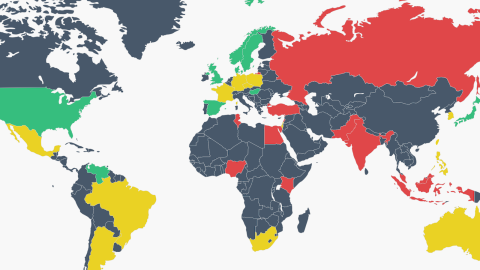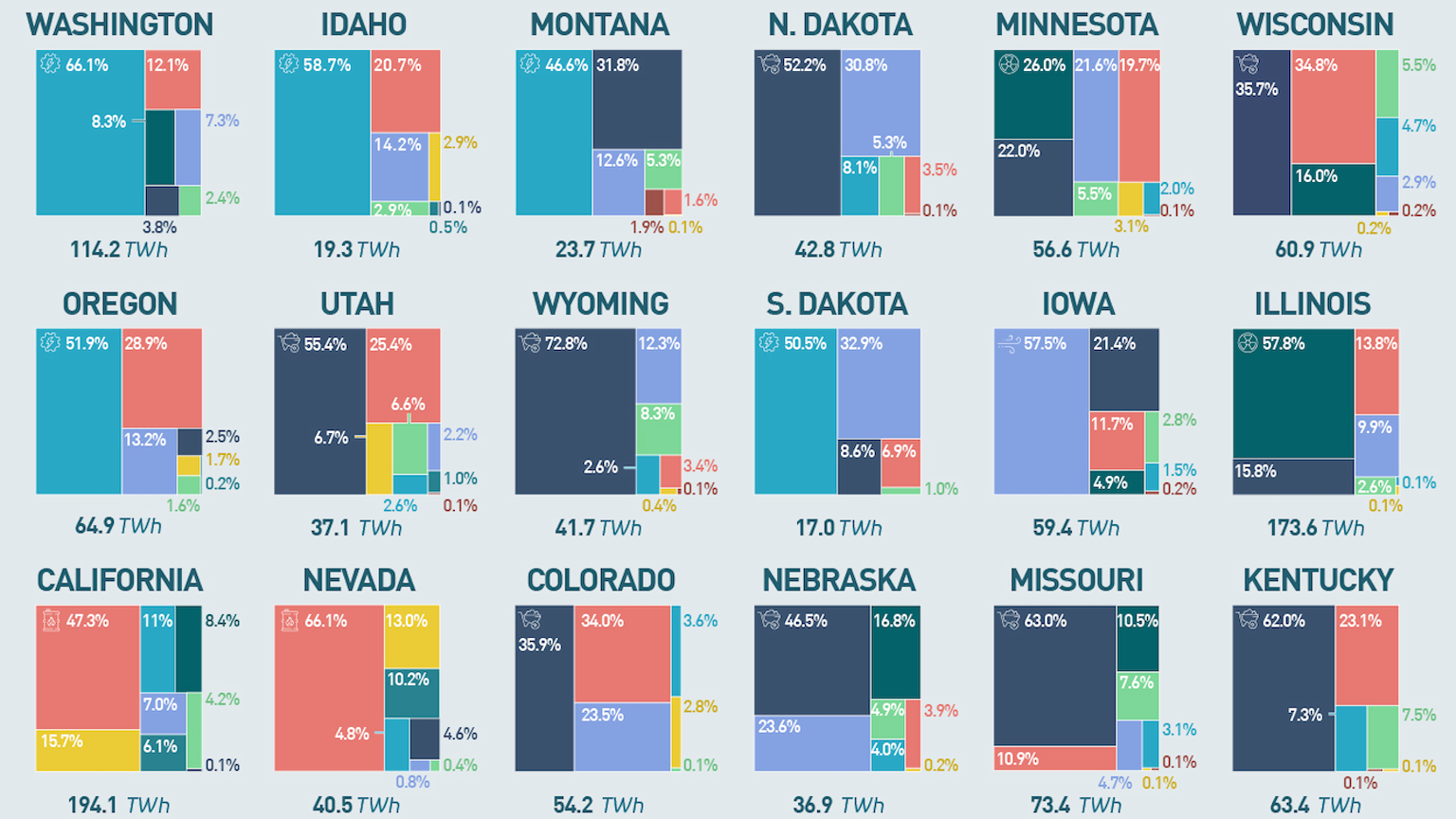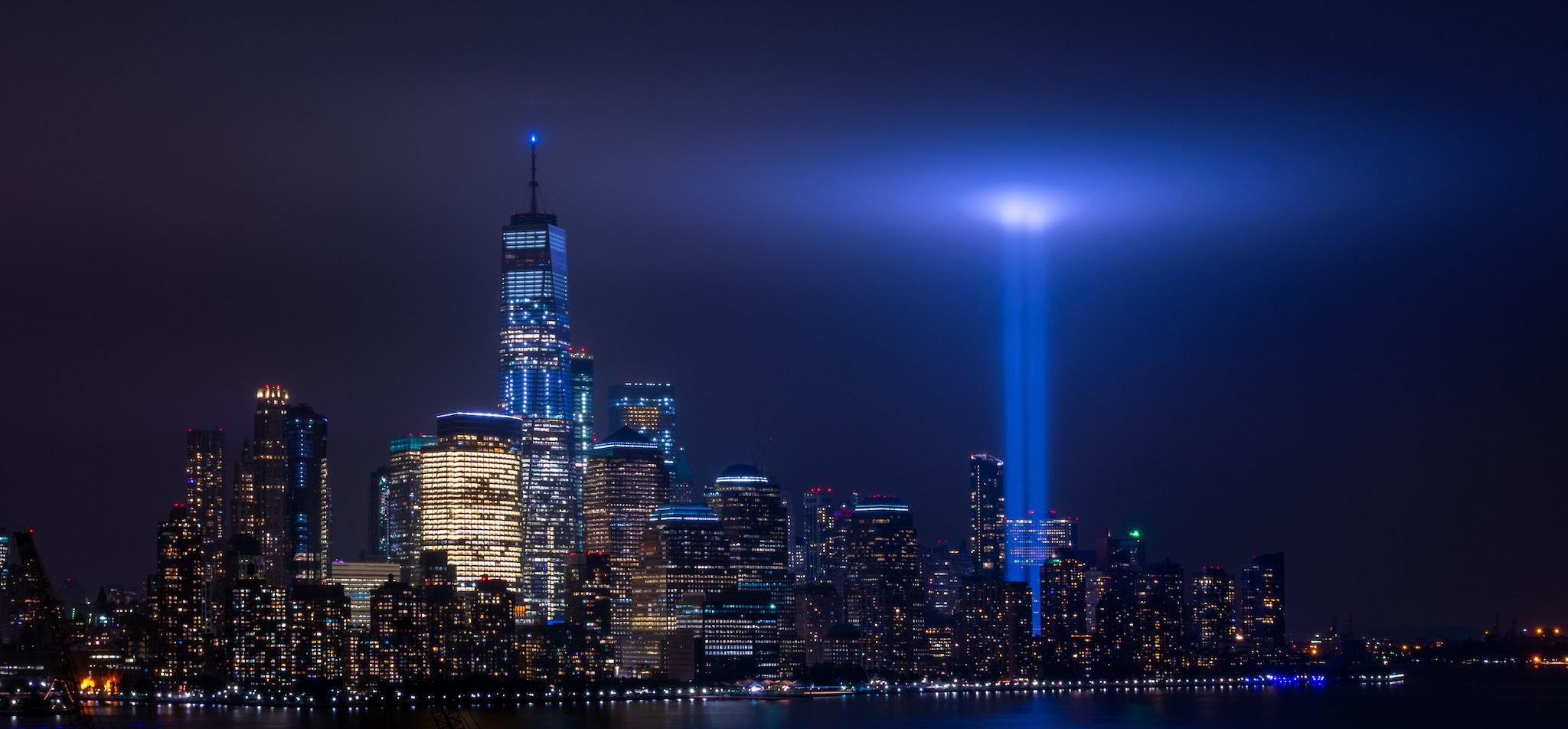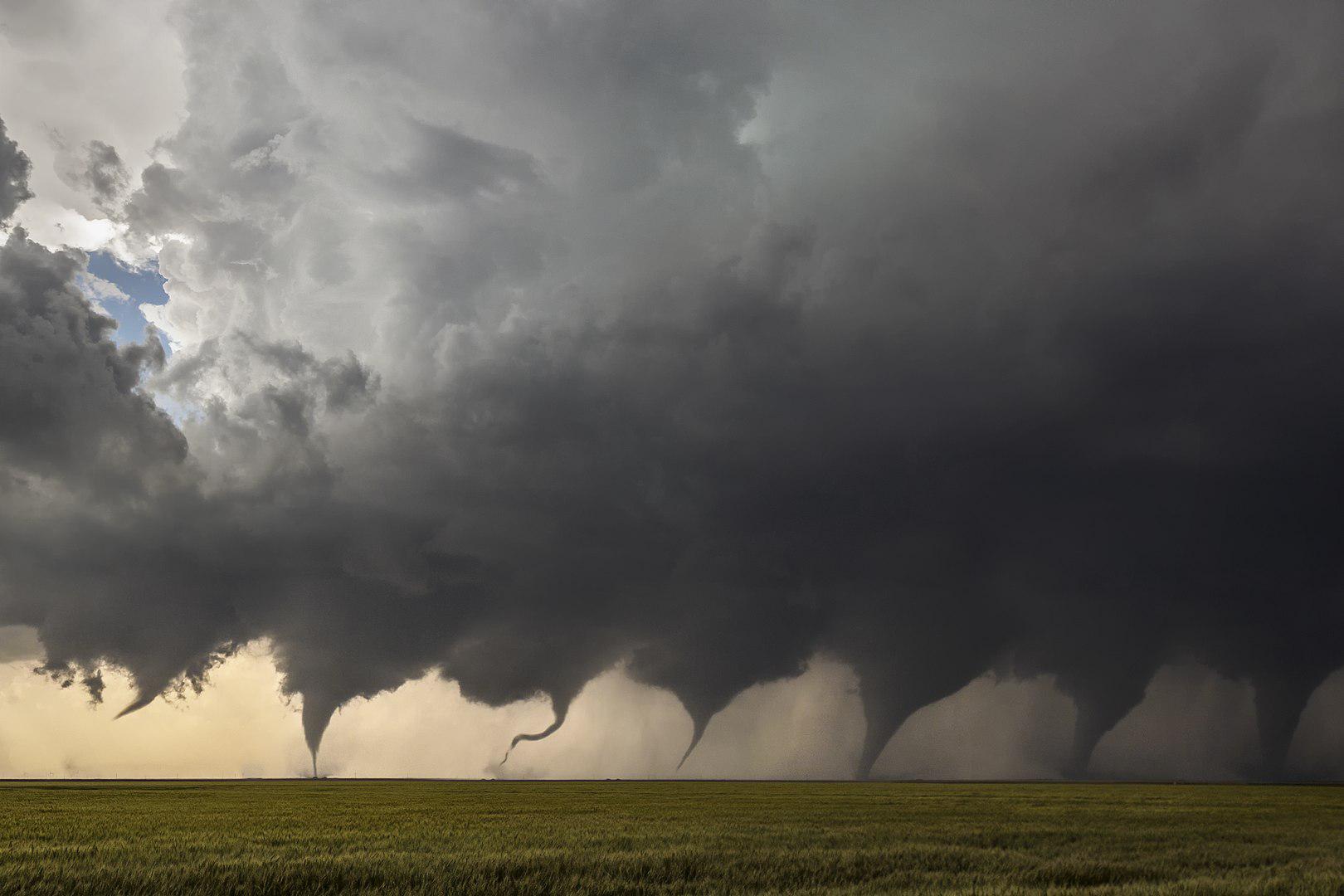Free speech? Not everybody loves it, this map shows

Credit: Justitia
- In green: where people like free speech the most. In red: where free speech is not popular.
- Despite continued strong support, this recent survey shows approval of free speech declining in the U.S.
- Free speech helps create prosperity, but if forced to choose, people prefer prosperity over free speech.

Who loves free speech? As this world map shows: not everybody — at least not in equal measure. Of the 33 countries surveyed, free speech gets its highest approval in those shaded green. Approval is “medium” in yellow countries and lowest in red ones.
Some democracies are more nominal than others
- Some of the highest-rated countries are what you might expect: in North America (U.S.) and northern Europe (UK, Denmark, Norway, Sweden). Also on that list: Spain and Japan. Surprising inclusions: Venezuela and Hungary, two countries not recently noted for the fair and balanced nature of their public discourse.
- Countries with “medium” interest in free speech are scattered across Latin America (Mexico, Brazil, Argentina), continental Europe (France, Germany, Czechia, Poland), the Middle East (Israel), Africa (South Africa), and the Asia-Pacific region (Australia, Philippines, Taiwan, South Korea).
- Interestingly, all the countries on the red list, professing the least interest in free speech, are nominal democracies, although some are more nominal than others. They include countries in Europe (Russia, Turkey), the Middle East (Lebanon), Africa (Tunisia, Egypt, Kenya, Nigeria), and Asia-Pacific (Pakistan, India, Malaysia, Indonesia).

Orwell, defending the Freedom of the Park
The survey, conducted in February 2021 for Danish think tank Justitia, is about popular attitudes rather than legal frameworks. That is relevant because, as George Orwell observed in “Freedom of the Park” (1945), free speech depends less on the law of the land than on the will of the people.
Justitia’s report, titled “The Future of Free Speech“, opens with a quote from Orwell’s essay:
“If large numbers of people are interested in freedom of speech, there will be freedom of speech, even if the law forbids it; if public opinion is sluggish, inconvenient minorities will be persecuted, even if laws exist to protect them.”
To find out about those attitudes, Justitia weighed the responses of a total of 50,000 people across 33 countries worldwide to several potentially controversial statements, including:
Government censorship should not apply to
- what people say;
- what the media reports;
- how people use the internet.
People should be able to
- publicly criticize the government;
- publicly offend minority groups;
- criticize the respondent’s religion and beliefs;
- voice support for homosexual relationships;
- insult the national flag.
The media should be able to publish information
- that might destabilize the economy;
- about sensitive aspects of national security;
- that makes it more difficult to handle pandemics.

Russians among the least pro-free speech
Some key findings of the report:
- Of the nationalities surveyed, Scandinavians and Americans are the most supportive of free speech. The least supportive are the Russians, Muslim-majority nations, and the least developed nations.
- Support for free speech in general is typically expressed by great majorities and has remained stable or has even increased since 2015. There is one exception: the U.S., where the acceptance of unrestricted criticism of the government has declined. The report specifically notes that young people, women, the less educated, and people who voted for Joe Biden are generally less supportive of free speech.
- While support for free speech is strong in the abstract, it drops when specific controversial statements are mentioned. In general, left-leaning individuals are more accepting of insulting national symbols and right-leaning individuals of offending minority groups, particularly in Western countries.
- In all countries surveyed, a majority would like to see social media subjected to some kind of regulation, but only a few respondents want governments to take the sole responsibility for this.
Free speech deficits and… surpluses
When matching Justitia’s Free Speech Index (which measures attitudes) with a separate Freedom of Expression Index (which measures regulations) developed by an organization called V-Dem, it turns out that there is a clear and positive association between both.
- In other words: in countries with strong popular demand for free speech, there typically are good government provisions for the supply of free speech. For example, Scandinavia, the U.S., the UK and Australia all score relatively high on both indexes, while Pakistan, Malaysia, and India get relatively low marks on both indexes.
- There are exceptions, in both directions. The popular demand for free speech exceeds the actual level of freedom of expression in Egypt, Hungary, the Philippines, Russia, Turkey and Venezuela. You could call this a classic free speech deficit.
- In contrast, there are three countries where there seems to be a free speech surplus: in Kenya, Tunisia, and Nigeria, the relatively high values on the Freedom of Expression Index are not matched with equally high values on the Free Speech Index.

Choosing between free speech and prosperity?
Justitia also asked its interviewees how they thought their freedom of expression had evolved over time. The results are mixed.
- People in Tunisia, Pakistan, and Kenya reported the greatest improvements in their freedom of expression.
- Despite significant “democratic backsliding” in the Philippines and India, people in those countries also reported improvements.
- The greatest perceived losses in terms of free speech were reported in Hungary, Poland, the U.S., and Turkey. As the report points out, all of these countries are highly polarized with (present or recent) leaders very critical of independent media.
- People in France and Germany also reported shrinking space for free speech.
“Fortunately (…) much evidence speaks in favor of (a positive) association (between freedom of expression on the one hand and human welfare and prosperity on the other) — particularly, when free speech is combined with effective electoral rights over longer periods of time,” the report concludes.
However, “the numbers indicate that, if people believe they cannot have both, many are willing to sacrifice free speech.” Disconcertingly, “support for free speech might be shallower than one would expect — and hope for — in relation to this fundamental right.”
For more on Justitia, visit their homepage. Read more about The Future of Free Speech here. Download the report in its entirety here.
Strange Maps #1094
Got a strange map? Let me know at strangemaps@gmail.com.
Follow Strange Maps on Twitter and Facebook.





